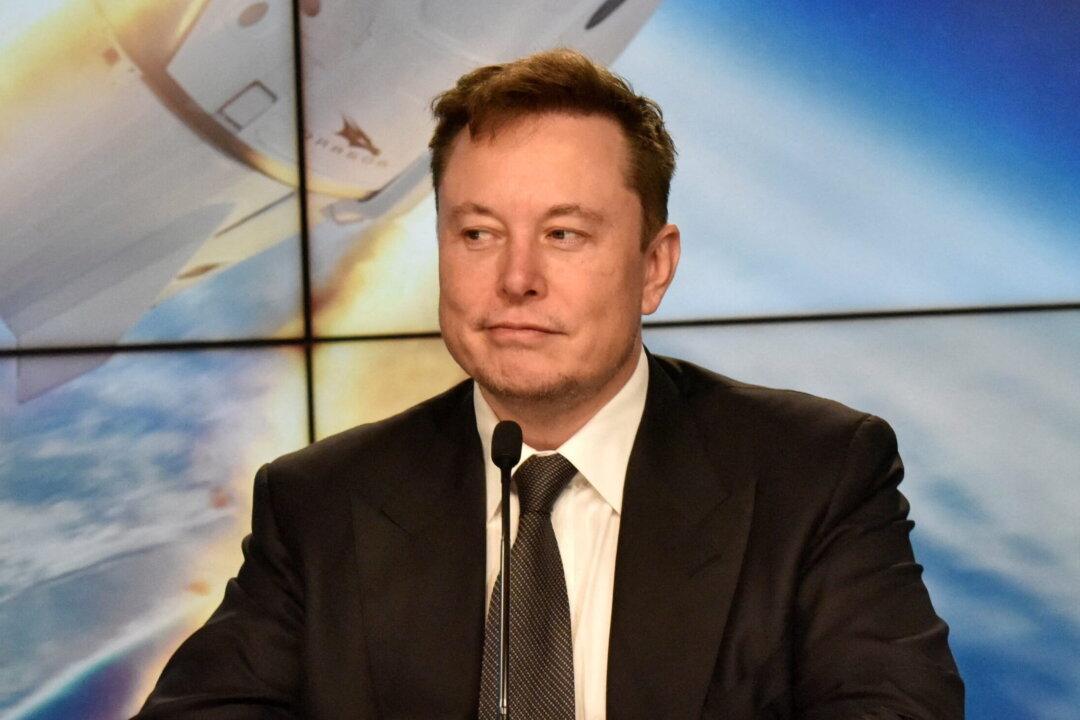Twitter’s adoption of a so-called poison pill tactic makes it harder for a hostile takeover, the company said on April 18.
Twitter’s board on Friday announced that a person or entity buying at least 15 percent of Twitter’s outstanding stock without approval would trigger the poison pill, which enables other stockholders to buy shares at a lower price.





